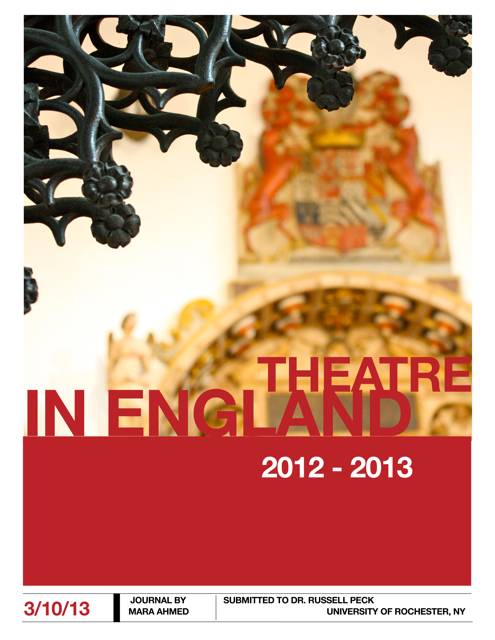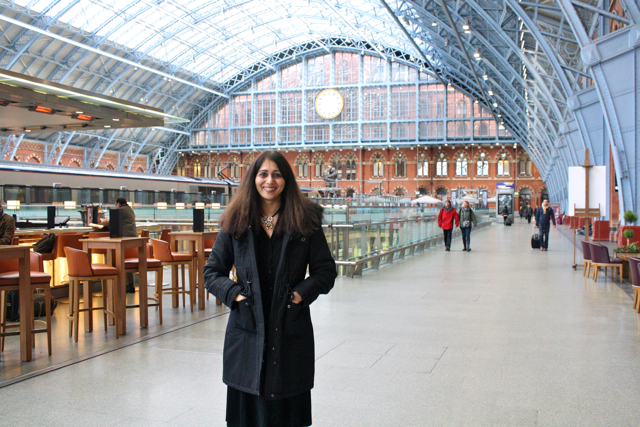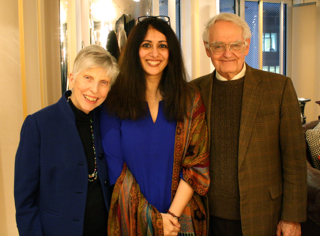i am one of the judges at the rochester teen film festival and this year there was a film we just couldn’t agree on. it was interesting that the reaction to it was mostly split along gender lines – the men loved it and the women felt extremely disturbed by it. it’s called “the honeymoon suite.” the director is a high school senior.
the men totally loved the film. as soon as the screening was over they expressed their admiration for the writing, the editing, the acting, the twists and turns in the story. after 10-15 minutes of a discussion about the film’s maturity, i asked the question: wait a minute, was that a rape drug? i was told, yes, it was. it was incredible to me that a film about something as violent as rape was treated with such nonchalance. when the female judges expressed their disgust, they were told that the film had a positive resolution because the kid realizes how stupid he was being.
by creating nebulous boundaries between friendship, love and rape, we are confusing the very definition of rape – the forceful, violent penetration of another human being’s mind and body. the sweet, hand-holding romanticism of the resolution is problematic because the kid wasn’t just being “stupid”, he had deliberately drugged another human being in order to rape her, i.e. commit a terrible crime.
the complete passivity of the woman is disturbing. it’s the man’s decision to rape or not to rape. it all comes down to his conscience, or mood. i was told that we were experiencing the film from the man’s perspective. that’s exactly the problem with patriarchy: we’re supposed to accept that it’s a man’s world and anyone who disagrees with that reality is being a hysterical bore.
i was told: u’ll just have to get beyond ur feelings on this and recognize that it’s a good film. so interesting that such a remark was not made about any of the other films, even tho i had strong opinions about all of them. why is it that when it’s a feminist issue, a woman’s reaction is automatically classified as “emotional”?
if it were a man being drugged and potentially raped, perhaps the horror of rape would become real for other men. when it’s a woman, they simply see it as a date that could’ve gone wrong but had a “positive” outcome.
it seems to me that white men have a huge mental block when it comes to women’s issues, especially rape, this in spite of the propaganda about the misogynistic barbarism of the brown/black man. an eye opening experience.








